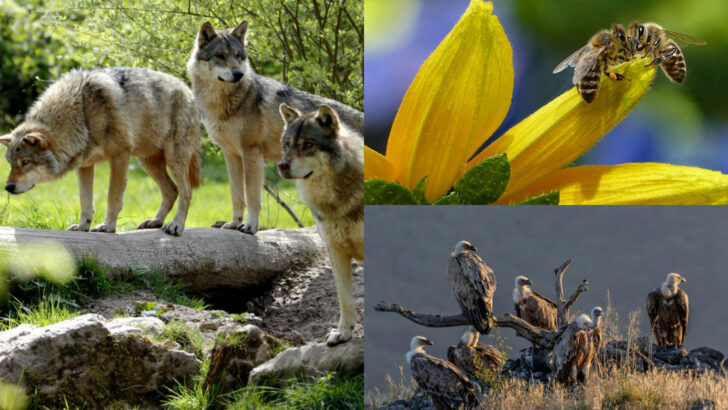In the vast tapestry of our ecosystem, certain animals stand out not merely for their distinctive features but for the crucial roles they play in maintaining the balance of nature. These unsung heroes contribute to everything from pollination to ocean cleaning, ensuring the health and sustainability of our planet.
In this blog, we celebrate 11 such unique animals whose presence and actions have a profound impact on the Earth.
Bees

With their industrious nature and seemingly tireless work ethic, bees are the tiny giants of agriculture. Responsible for pollinating 70% of the crops that feed 90% of the world, their role is irreplaceable.
Their disappearing numbers due to pesticides and habitat destruction pose a significant risk to global food security. Protecting bee habitats can lead to a more sustainable future.
Simple actions like planting bee-friendly flowers or reducing pesticide use can make a difference. Supporting local beekeepers also helps, ensuring that these vital insects continue their essential work.
Sea Otters
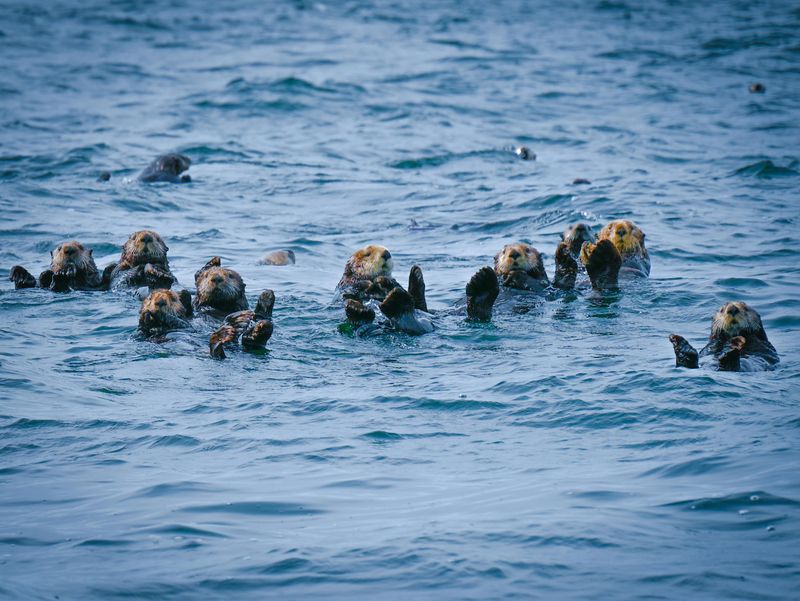
Floating effortlessly among the kelp forests, sea otters are more than just an adorable sight. Their appetite for sea urchins helps maintain the balance of the marine ecosystem.
By controlling urchin populations, they ensure that kelp forests thrive. These underwater forests are crucial carbon sinks, absorbing carbon dioxide and mitigating climate change.
Protecting sea otter populations helps preserve these important ecosystems. Efforts in conservation and awareness can support their numbers, enabling them to continue their ecological role.
Vultures
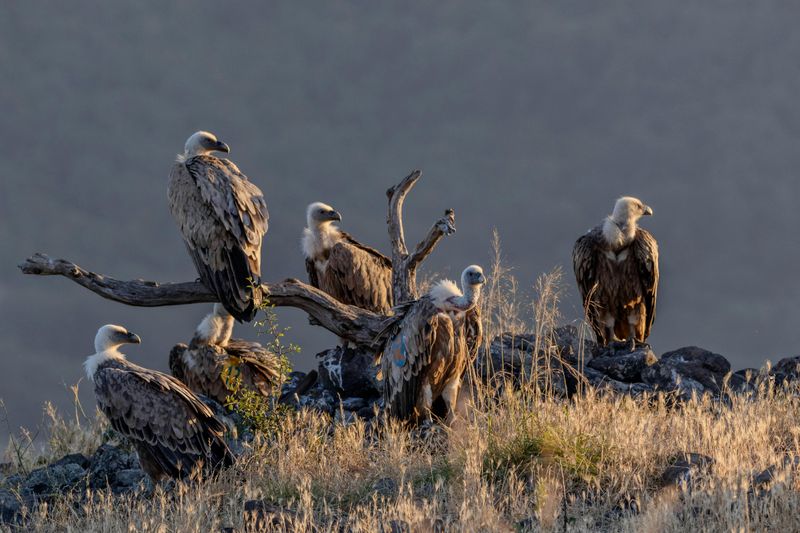
Often misunderstood, vultures are nature’s clean-up crew. They play an essential role in disposing of carcasses, preventing the spread of diseases.
Their highly acidic stomachs can digest pathogens that would otherwise thrive. With vulture populations declining due to poisoning and habitat loss, some regions face increased disease transmission.
Conservation efforts can help protect these crucial birds. Educating communities about their role and reducing harmful activities can support vulture populations.
By stabilizing their numbers, we can ensure healthier ecosystems.
Bats
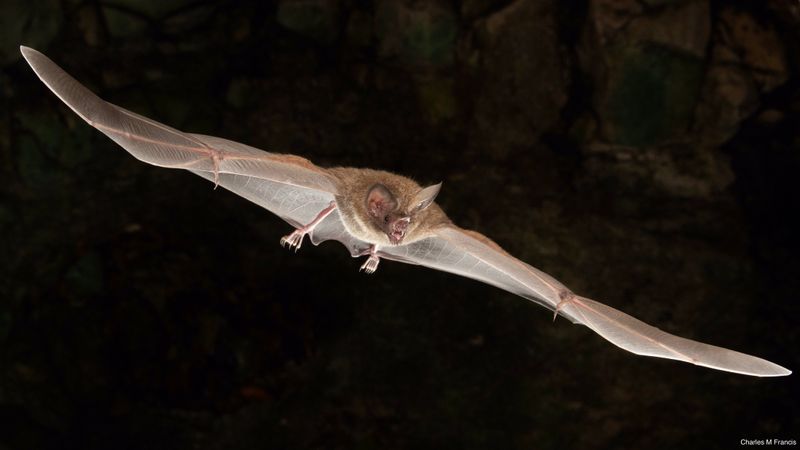
Bats, the night’s stealthy guardians, are invaluable for pest control. Consuming vast numbers of insects, they reduce the need for chemical pesticides in agriculture.
This not only helps maintain food production but also supports human health. They are also key pollinators, especially in tropical regions.
Conserving bat habitats can enhance their beneficial impact. Building bat houses and preserving natural habitats can aid in their conservation.
Awareness about their positive role can shift perceptions and foster coexistence.
Wolves
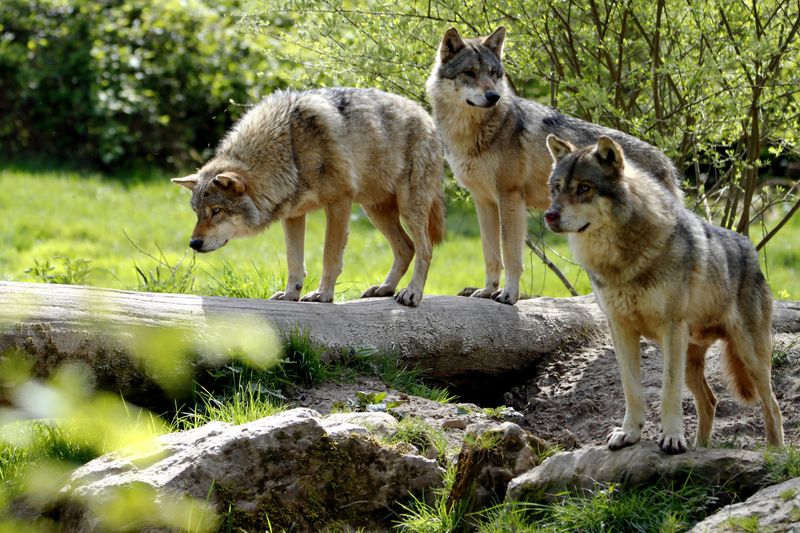
Restoring balance in their ecosystems, wolves maintain healthy populations of prey animals. Their presence shapes the landscape, influencing both flora and fauna.
Known as a keystone species, they ensure biodiversity and support other wildlife. Wolves’ reintroduction in areas like Yellowstone has showcased their impact, leading to healthier, more balanced ecosystems.
Supporting wolf conservation can foster biodiversity and ecosystem stability. Through education and conservation programs, their vital role can be preserved.
Beavers
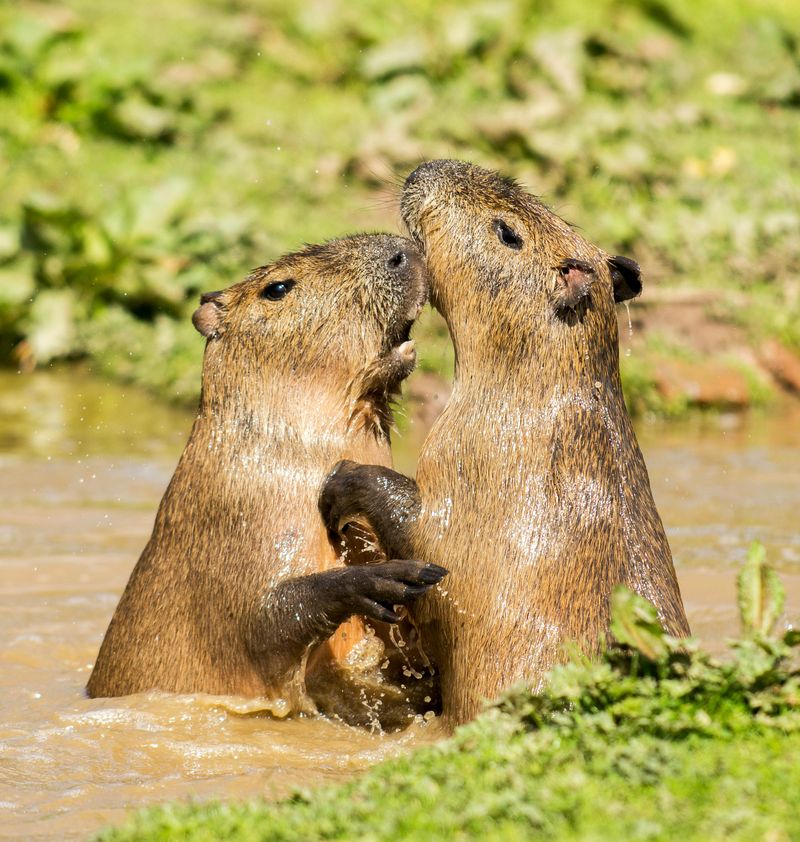
Beavers are nature’s engineers, creating wetlands that foster biodiversity. Their dams slow water flow, reducing erosion and creating habitats for countless species.
These wetlands act as natural water purifiers and offer flood control. Protecting beaver populations can enhance ecosystem health and resilience.
Encouraging coexistence and understanding their role can lead to better conservation practices. By supporting beaver habitats, we embrace a more balanced and diverse environment.
Ants
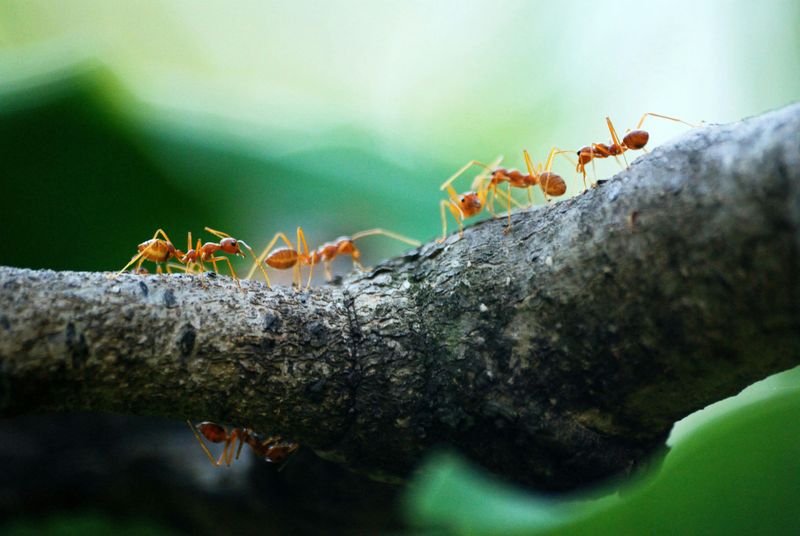
Despite their size, ants play a massive role in our ecosystems. Known for aerating the soil, they promote plant growth by distributing nutrients.
Their tunnels allow water and oxygen to penetrate the earth, benefiting plant roots. Ants also help in seed dispersal and pest control.
By fostering ant-friendly environments, we can boost agricultural productivity naturally. Recognizing their ecological contributions can lead to more sustainable land management practices.
Sharks
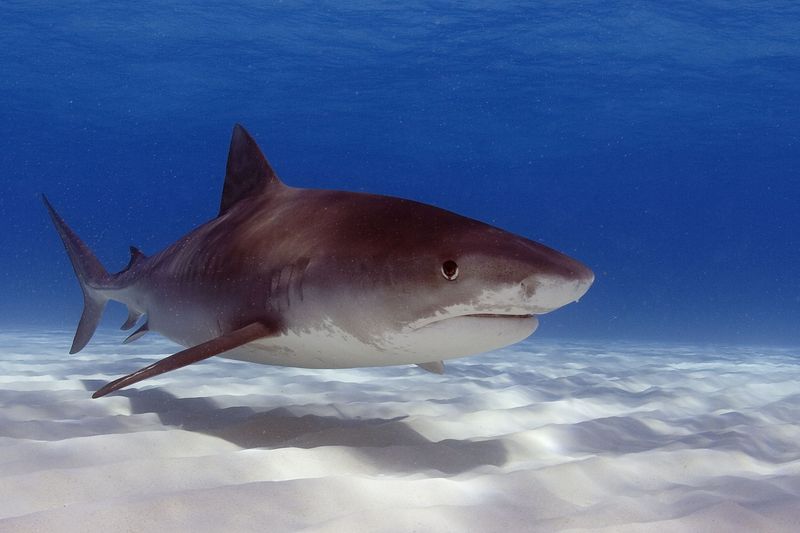
As apex predators, sharks maintain the balance of marine ecosystems. By regulating species below them in the food chain, they help ensure healthy fish populations.
Their presence indicates a robust marine environment. Despite their fearsome reputation, sharks are vital for ocean health.
Overfishing and habitat destruction threaten their numbers. Protecting shark populations can lead to more resilient ocean ecosystems.
Supporting conservation efforts and reducing the demand for shark products can help.
Elephants

The gentle giants of the savannah, elephants shape their environment in profound ways. Their migration paths create trails that serve other animals and facilitate seed dispersal.
By knocking down trees, they prevent overgrowth, allowing grasslands to flourish. Protecting elephants ensures the balance of these ecosystems.
Human-wildlife conflict and poaching pose significant threats to their survival. Promoting coexistence and supporting conservation initiatives can help sustain their crucial ecological role.
Parrots
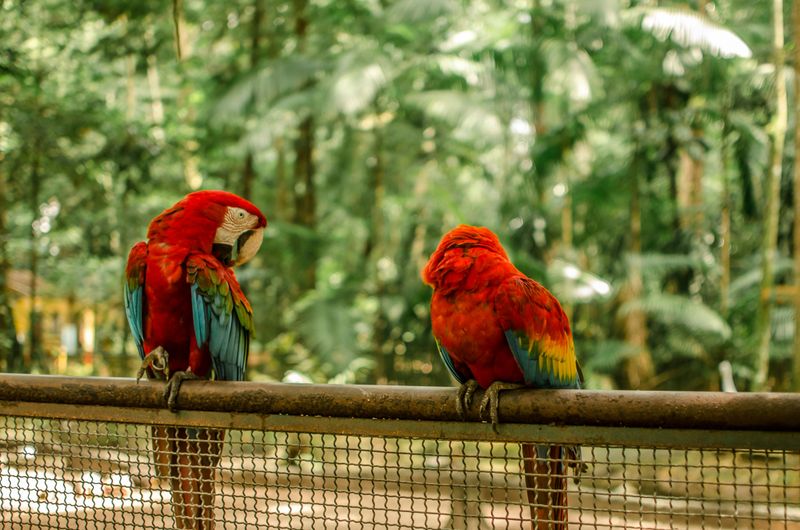
Parrots, with their vibrant plumage and playful nature, are more than just captivating creatures. They play a critical role in seed dispersal, aiding in forest regeneration.
Their ability to reach scattered fruit trees helps maintain plant diversity. Deforestation and the illegal pet trade threaten their populations, impacting forest health.
Supporting parrot conservation helps preserve their role in ecosystems. Educating the public about their ecological importance can drive change.
Dung Beetles
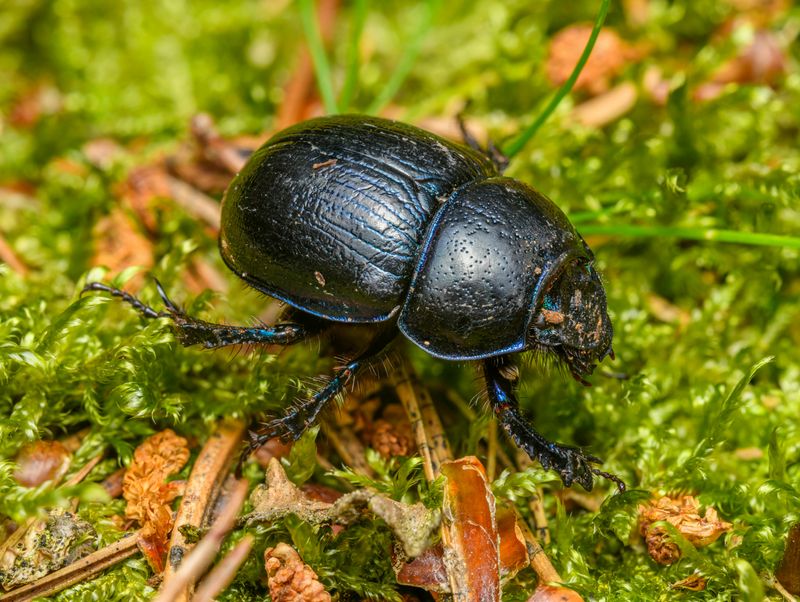
Dung beetles are nature’s recyclers, breaking down animal waste and returning nutrients to the soil. Their activity reduces breeding grounds for parasites and pests, promoting healthier environments.
By aerating the soil, they also enhance nutrient cycling and plant growth. Protecting dung beetle habitats ensures their role in maintaining soil health.
Encouraging organic farming and reducing chemical use can support their populations. Recognizing their ecological contributions can lead to more sustainable agricultural practices.

